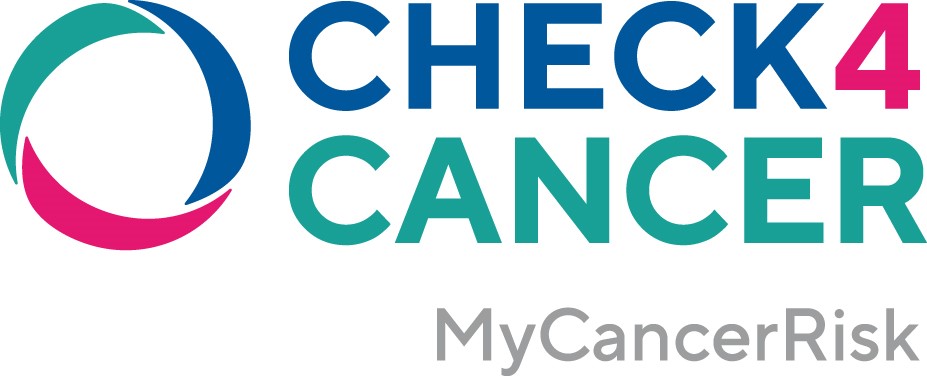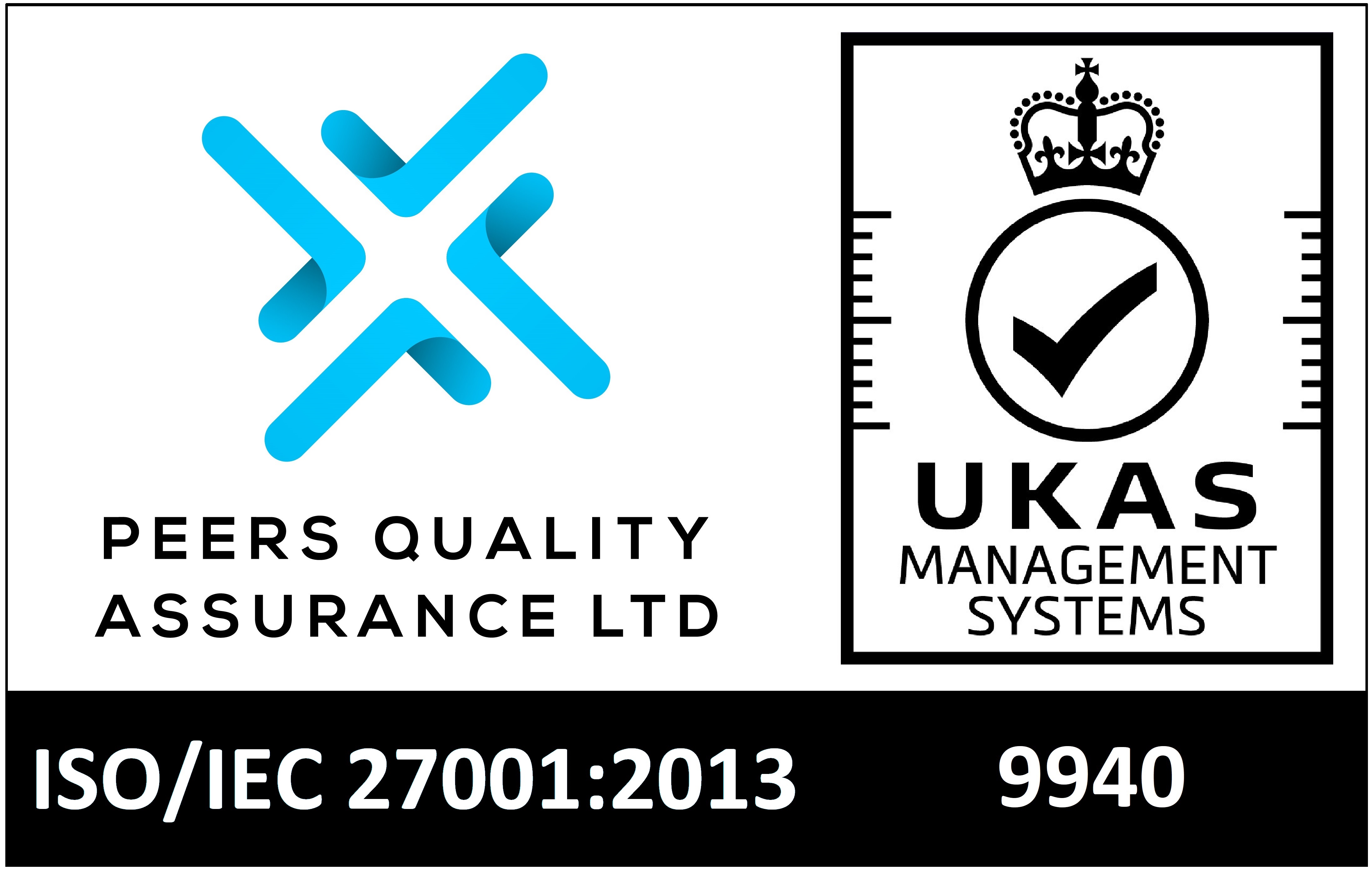To mark Cervical Cancer Screening Awareness Week from 14 – 20 June, we spoke to Mr Jullien Brady, Consultant Gynaecologist and Clinical Advisor for Cervical Cancer at Check4Cancer, to learn more about cervical cancer in women aged 50+ and the importance of continued regular screening.
Human papillomavirus (HPV) is the leading cause of cervical cancer in women and is responsible for 99.7% of cases. It is extremely common, with four in five people being exposed to the virus at some point in their lives through sexual transmission or intimate contact. One in three patients diagnosed with cervical cancer in the UK is aged 50+, but regular HPV testing can prevent over 75% of cervical cancers in women in this age group.
Cervical cancer is often thought of as a young woman’s disease. Is this true?
High-profile cases tend to be in younger women such as Jade Goody, however, it is actually more common in older women. Cervical cancer is also very often not talked about, most likely because of embarrassment and the misconception of the cause of the disease.
It has been reported that cervical cancer diagnosis and deaths are to rise steeply in women aged 50+ over the next two decades. Why is this?
We are an ageing population, but sadly screening uptake by this age group appears to be falling, as it is for all age cohorts of women. Patients aged 50+ will not have had the benefit of the vaccine, so will be at even more potential risk than younger women who do not attend screening appointments.
If there are two peaks with women at risk of cervical cancer in their early to mid-sixties, why is this happening?
The second incidence peak is most commonly the result of re-exposure to HPV later in life, such as following divorce, separation, being widowed, or another change in circumstances.
If you have gone through the menopause and always had a ‘clear smear’ every three years, why do you need to be worried about cervical cancer if you are aged 50+?
That history would be very reassuring, but I would advocate ongoing screening for all women, especially if their circumstances have changed. There is actually an increase in cervical cancer incidence after the age of 60, so it is just as important for women aged 50+ to attend their screening appointments as it is for younger women.
The NHS screening intervals of three years (aged 25 – 50) and 5 years (aged 50 – 64) are safe. Alternatively, HPVCheck can be used as often as a woman wishes and we provide a personalised screening programme (individual risk calculator) to guide women as to how often they need to be tested for cervical cancer.
Women between the ages of 50 – 64 years old are invited for cervical screening every five years by the NHS, however, screening uptake is low. Why do you think this is?
Many women find the test more difficult after menopause. Some feel they may not need ongoing screening, especially if they have had many years of normal results, but ongoing screening for all women is extremely important.
A lot of women find the smear test more painful after they have gone through the menopause. Why is this?
There is a drop in levels of oestrogen after the menopause that cause the skin of the vagina to be less elastic. As a consequence, the speculum instrument that opens the vagina is often more painful. This can be overcome by using HRT, either by oestrogen cream topically into the vagina or as part of traditional HRT. HPV Check is an ideal solution for women in this situation as the self-sampling device is very small and does not stretch the skin of the vagina at all.
Do you think the signs and symptoms of cervical cancer are often mistaken/shrugged off as menopause symptoms as they are quite similar, such as pain during intercourse?
Yes. Pain during or bleeding after intercourse should never be considered normal. All women of any age should have these symptoms investigated.
HPVCheck gives women the autonomy to be in charge of their cervical screening and is especially recommended for women who may have had a bad experience of screening in the past. HPV testing is now approved by the NHS as a reliable method of cervical cancer screening. If you have never attended the National Cervical Screening Programme, you can still find out if you are carrying the virus which leads to almost all cases of cervical cancer.
Please visit our Advice and Awareness page on cervical cancer which goes into more depth on the signs and symptoms of cervical cancer.
Mr Jullien Brady | Clinical Advisor for Cervical Cancer at Check4Cancer
Jullien Brady is a former National Quality Assurance Director for the NHS Cervical Screening Programme and is currently the Professional Clinical Advisor for Colposcopy for Public Health England. He is also a member of the Executive Committee of the BSCCP, the governing body of Colposcopy. Mr Brady is passionate about women having the opportunity to maximise their health choices and screening options. Having done all his undergraduate and postgraduate training in London, Mr Brady was appointed as a Consultant in 2008.




